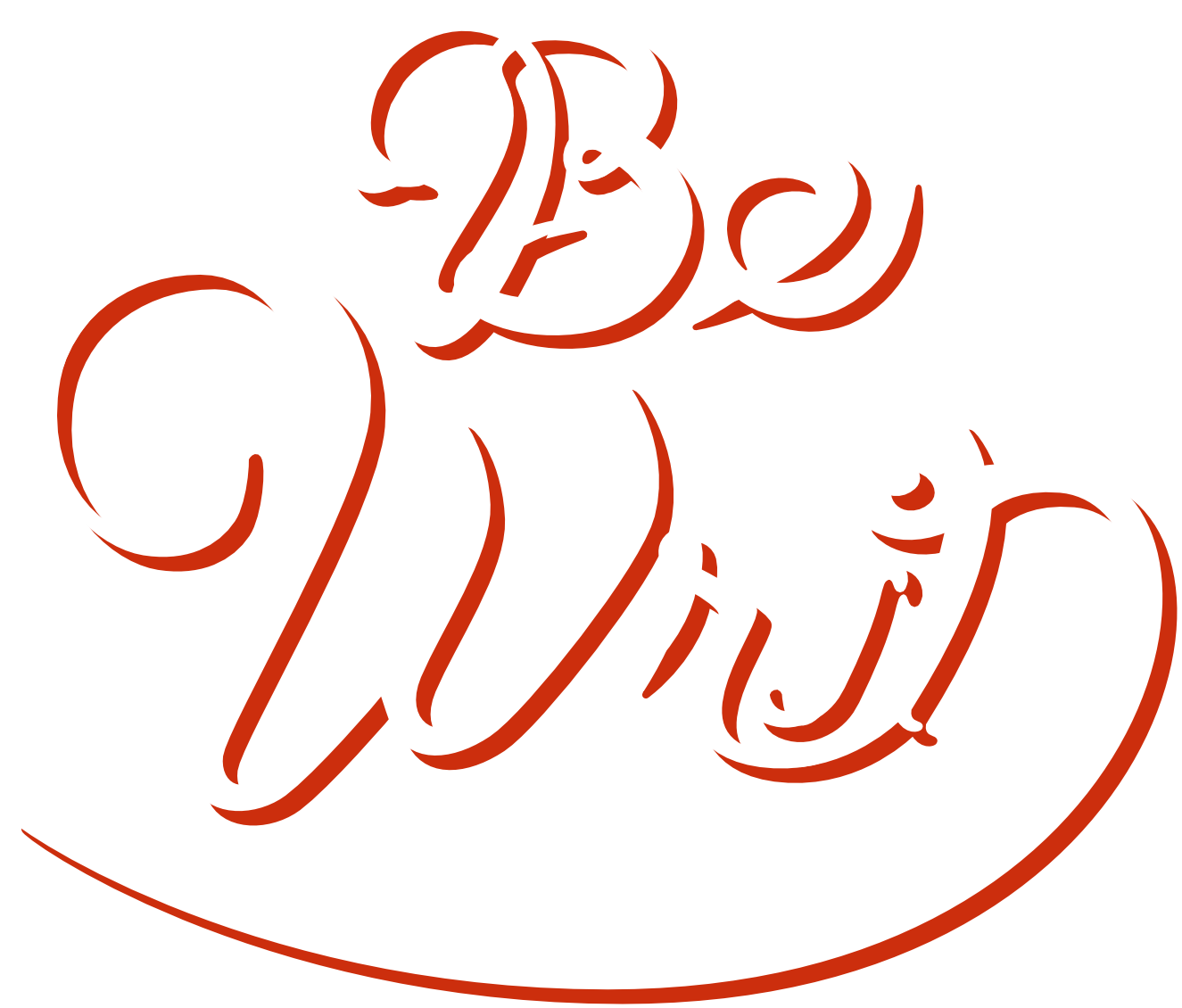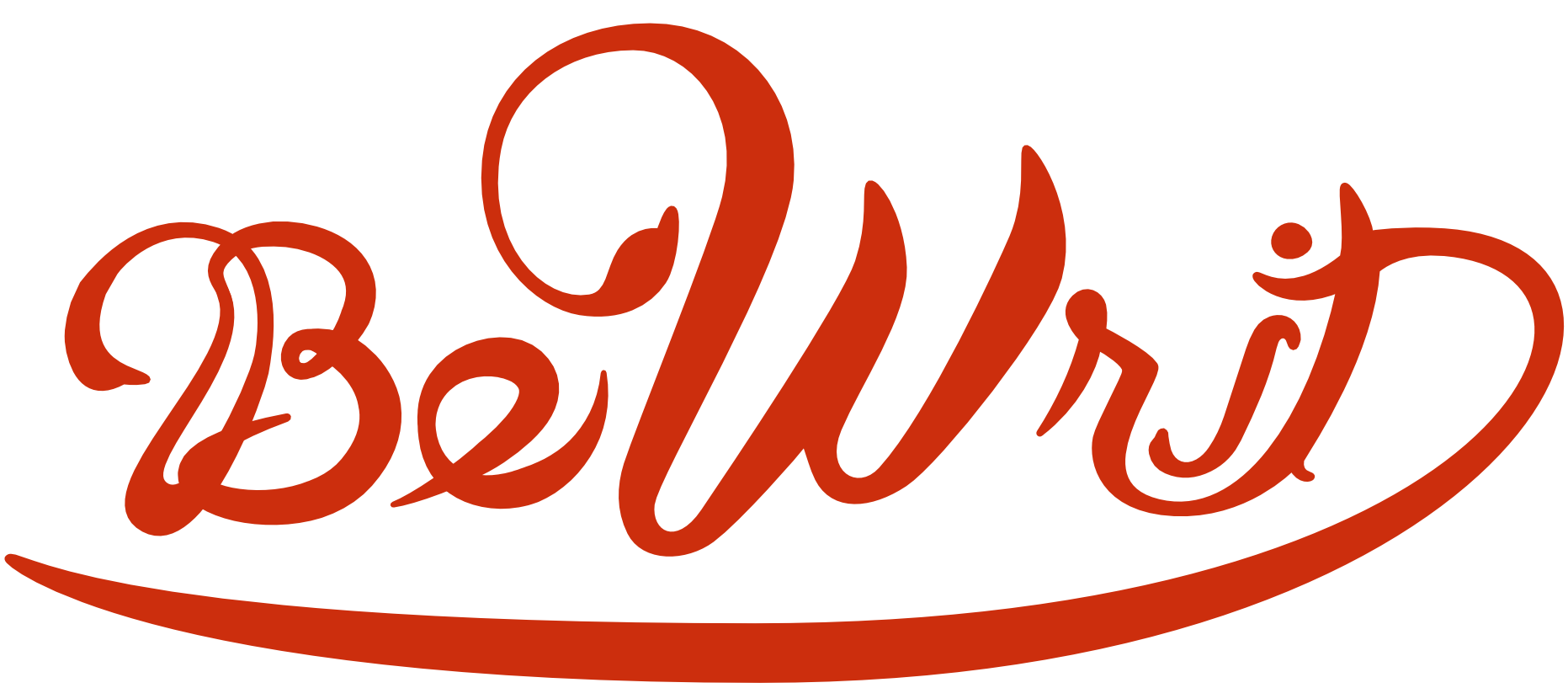
5 Ways to Calm Nerves Before a Work Meeting
You have an important work meeting coming up — whether for your next book deal, an interview for your dream job, or a presentation for your passion project — and you're nervous.
Knots form in your stomach, and it becomes hard to swallow. Your hands are clammy, chest tight, and shoulders tense. Every once in a while, your heart picks up the pace, and you find yourself actively attempting to slow the rhythm using breathing techniques or other tricks. Hands shaking, you close your eyes to focus on the breath. Eating becomes a chore, and you know you need to calm yourself.
Contrary to how you feel, nerves aren't all bad. I know you only want the anxiety to stop while you're in the moment.
Designed to keep us safe from harm, nerves kick in as a fight, flight, or freeze response inherited from our ancestors. The problem is that your nerves don't understand the difference between a physical threat and a perceived one, so you can feel dread while knowing it's silly.
When your next work meeting comes up, use these 5 ways to keep calm. Each of these techniques has helped me at one time or another. They're my go-to cures when I feel anxious or nervous.
1. Set 'Future You' Up for Success

Pre-mortem activities help relieve stress right before you leave the house for your next work meeting. These are the things that help you prepare.
Look at your schedule. Figure out what tasks you can do first to make the meeting day easier.
Plan your outfit, put everything you need in your bag or briefcase. Set it by the door. Prepare for your interview or work meeting by considering what questions you might need to answer. Have your elevator pitch ready.
If everything you need is ready to go, you won't forget something important later and relax more.
2. Practice, Practice, Practice

They say practice makes perfect for a good reason. The more times you do something, the more your confidence blooms.
Rehearse interview questions, read your speech aloud, think about the most important things you need to mention, and plan what key points you need to make.
Envision what you hope results from your work meeting. Remember this and aim to hit all the right talking points to make your dream a reality.
Spare a few minutes for practice in the days leading up to the meeting, and you're bound to feel more prepared and calm.
3. Lift Yourself

Turn the jitters into focused enthusiasm for what's ahead. You will stop focusing on your nerves, which becomes a reminder to feel ready instead of dreading change.
What will happen if this meeting goes perfectly? Think about what the change could do for your life. How would that make you feel? Let it wash over you.
Drink some coffee, plug in your headphones, and blast some dance-worthy music. Really allow yourself to move with the music and lift yourself.
4. Think Positive Thoughts

You may think being prepared means getting ready for every worst-case scenario imaginable. However, studies show how effective positive visualization is for people.
Give positivity a shot! Imagine your work meeting going perfectly. See what you want to happen. Watch yourself appear calm and confident.
5. Stop Nerves Early
Photo by Seth Macey on Unsplash
Before your day-of nerves fully kick in, stop the feeling in its tracks. Movement is the best remedy I've found so far.
Exercise the morning of your work meeting. Working out is proven to boost endorphins and neurotransmitters like serotonin that make you feel happy. Relieving stress is about getting ahead of the negative.
Make morning exercise a habit if you have a big event to alleviate anxiety throughout the entire day. Get up and hit the pavement. The rest of the day will feel much easier.
Try Alternating New Calming Techniques
If a technique stops working as well for you or your nerves get especially high, find a new option. Trying new ways to remain calm could benefit your inner toolbox later.
Which calming technique will you try before your next meeting? Share your thoughts and experiences in the comments below. I'd love to hear how my tips help you.






